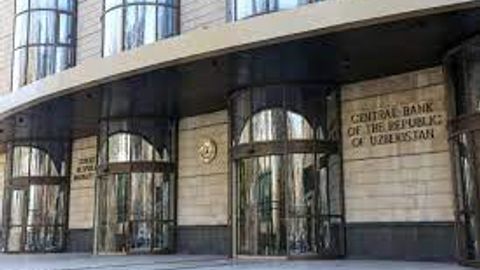Uzbekistan sets 2026 IPO for National Investment Fund under presidential decree
12:00 / 28.02.2026
Uzbekistan’s Surkhandarya targets $3bn investment increase in 2026
11:00 / 28.02.2026
Uzbekistan to begin overhaul of 178-km highway linking Afghanistan and Tajikistan
21:09 / 27.02.2026
Uzbekistan builds 500 kV open switchyard in Navoi Region
19:55 / 27.02.2026
Uzbekistan’s oil and gas firm Uzbekneftegaz saves $90.2mn in first 50 days of reforms
18:15 / 27.02.2026
Recommendations
Menu
Good news:
Tags
Grow your business with us
Advertise on Daryo.uzIndividual approach and exclusive materials
Ad-free site readingSubscribe
25 000 sum per month






Comments
To leave a comment, first